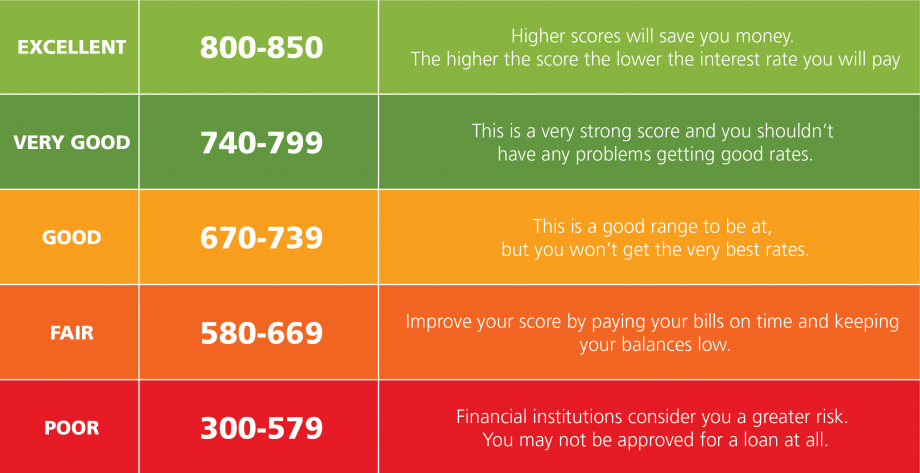From Qualitas Education – The Qualitas of Life Foundation

The Qualitas of Life Foundation knows the importance of credit cannot be overstated. In addition to being vital to building long-term wealth, credit can mean the difference between being able to purchase a home or not. Still, this often-used resource can seem confusing or even unattainable for some. Let us help break it down for you.
What Exactly is Credit?
Credit is a powerful financial tool that allows you to borrow money now to buy goods or services with the understanding that you’ll pay later.
Credit involves two parties: a creditor and a borrower. A creditor, such as a financial institution, will lend a borrower an amount of money (through either a credit card or loan) that depends on their confidence that the individual will pay it back.
After a given time period, the borrower is expected to pay the creditor the same amount of money, along with any finance charges, back.
What Is A Credit Score?
A credit score and a credit report provide a snapshot of the financial habits that financial institutions, cell phone companies, credit card companies, employers and others use to get a sense of your creditworthiness. A credit report is basically a report card that describes how well you are at paying back your credit, while a credit score is a number that ranges from 300 to 850 that tells financial institutions about your creditworthiness.
Having a higher, or “good,” credit score, is extremely helpful. A higher credit score lets you borrow money at lower interest rates, meaning you will have to pay back a lower additional cost.

Your credit score is based on a number of financial aspects, including:
- 35% – Your payment history. For instance, did you make a payment on time? Did you skip any payments?
- 30% – How much you owe. You’ll want to use no more than 30% of your total available credit at any time. For instance, if your credit limit is $10,000, you want to use no more than $3,000.
- 15% – The length of your credit history. For instance, how long have you demonstrated healthy credit habits?
- 10% – The type of credit used. Do you have a mix of credit types? Note that you don’t need to use all types of credit to have a good credit score.
How Can I Manage My Credit?
To manage your credit, and maintain a high credit score, follow the below tips:
- Pay your bills on time
- Keep the balance of what you owe low
- Do not spend more than 30% of your available credit at any time
- Check your credit ratings at least once a year
- Pay the full amount you owe each month, or pay more than the minimum balance
- Check your account statement to make sure all listed purchases are correct
- Request and review your credit report
- If you leave the country or move, make sure to continue paying your credit bills
Qualitas of Life Foundation and Master Your Card work hand-in-hand to help communities build their financial knowledge for a brighter future. You can learn more about credit – and Qualitas – at www.qualitasoflife.org.
